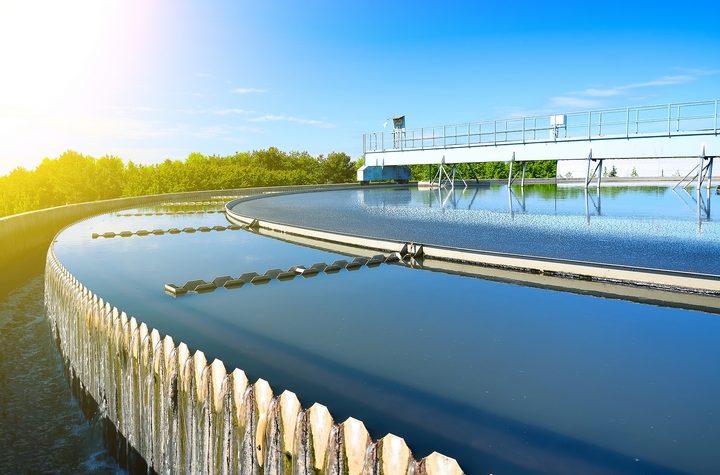Wastewater refers to water that is no longer suitable for human consumption or for the purpose it was initially used for. Industrial wastewater treatment refers to processes which are used to treat wastewater that is produced by activities of an industrial firm. There are several types of wastewater treatment plants in operation:
1. Sewage treatment plants

Sewage treatment refers to the process of getting rid of contaminants from wastewater. Depending on the size of the municipality in which the sewage treatment plant is located, it may be composed of mainly household sewage, or it may include industrial wastewater as well. The sewage wastewater treatment systems are a series of processes where at first the solid materials are removed from the waste. Next, it is followed by processes to break down dissolved nutrients and organic materials. And if necessary it may undergo a disinfection treatment to eliminate pathogenic bacteria which may be present. There is sewage sludge which is produced as a by-product of the entire process, and the sludge has to be treated before being released back into the environment for disposal. Most wastewater treatment companies run their sewage treatment plants.
2. Industrial wastewater treatment plants

Industrial plants produce a lot of wastewater, and they have to ensure they adhere to the laws and regulations of the local or national bodies governing water treatment and environmental pollution. Industrial companies like petroleum refineries usually prefer to have onsite treatment facilities. This enables them to easily ensure that the concentration of pollutants in their wastewater is at acceptable levels before releasing into rivers, oceans, and landfills. Some industries have turned to constructed wetlands as onsite treatment plants as they offer high-quality treatment. The industries also recycle some of their wastewater within the factory for use before being treated and released into the environment. An industrial wastewater treatment plant may consist of the following: An API oil-water separator for removing oil from wastewater, a clarifier for removing solids from wastewater, and a carbon filtration plant to remove toxic dissolved organic compounds from wastewater among others.
3. Agricultural wastewater treatment plants

They are found in large agricultural plantations and are used to treat the surface runoff water that may be polluted by the chemicals in pesticides, fertilizer, animal slurry, or irrigation water from the farm. These plants have machines and treatment units resembling the ones used in industrial wastewater treatment systems. Their advantage is that they have land available for settling basins, facultative lagoons, and ponds which make their operational costs considerably cheaper. They are also used in continuous animal operation such as egg and milk production which take place in confined spaces. If you are seeking more information, you will be able to appreciate the resources at the JNE Environmental website.
4. Leachate treatment plants

A leachate refers to any liquid which drains from the land and dissolves substances that are environmentally harmful as it passes through it. Leachate treatment plants use landfills to treat it. There are several treatment options used including biological treatment, mechanical treatment, and reverse osmosis treatment. These treatment methods focus on reducing the concentration of the dangerous substances dissolved in the liquid or water.
A Final Thought:
As is evidenced by the above points, water treatment is vital to the environment. Ensure the water you are using has been well treated to avoid any harm. Contact a trusted wastewater treatment company for more information.




